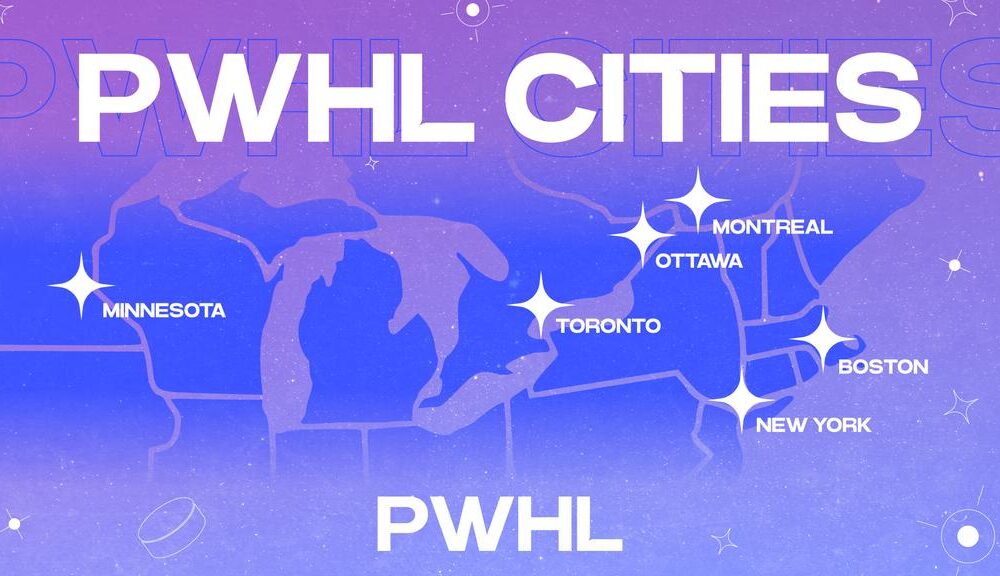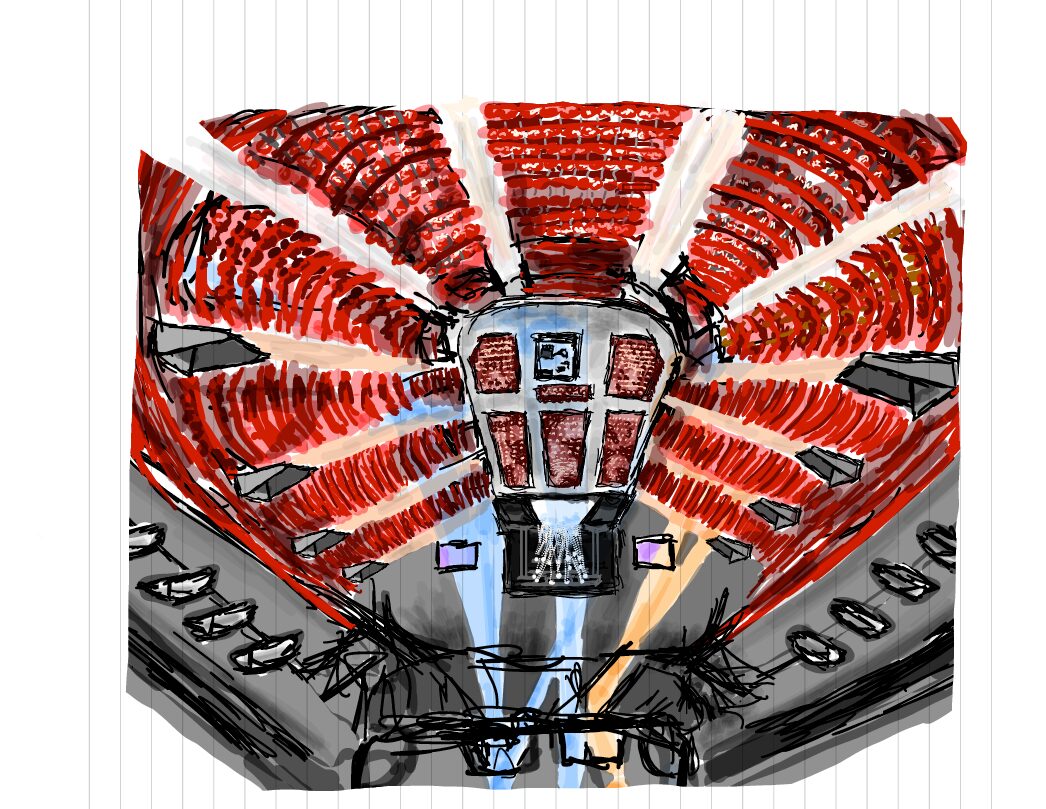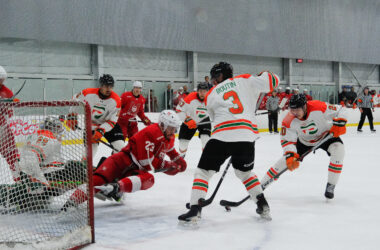As the Premier Hockey Federation (PHF)’s season came to a close with the Toronto Six’s Isobel Cup victory, fans and players were excited to prepare for the upcoming season. This anticipation, however, quickly turned into confusion as the news broke on Jun. 30 that North American professional women’s hockey was preparing for a major change. Professional Women’s Hockey Players Association (PWHPA) investors, Billie Jean King Enterprises and the Mark Walter Group, purchased the rival PHF, ceasing all league activity in service of the creation of a unified women’s professional hockey league––the Professional Women’s Hockey League (PWHL).
In contrast to men’s professional hockey which has been dominated by the National Hockey League (NHL) since the collapse of the World Hockey Association in 1979, the world of professional women’s hockey has been more unsteady. In 2007, the Canadian Women’s Hockey League (CWHL) was founded and by 2017, the league expanded to have five teams across North America, as well as one in China. However, the league collapsed in 2019 due to an “economically unstable” business model.
Despite the existence of the CWHL, the National Women’s Hockey League was established in 2015, transforming into the PHF in 2021 to include seven teams across North America. While the PHF was largely regarded as having the most sustainable league infrastructure, the PWHPA was founded in 2019 in response to concerns regarding player protections and rights such as guaranteed contracts and maternity leave within the PHF. Upon the PWHPA’s founding, many top players such as Marie-Philip Poulin and Sarah Nurse elected to not play in the PHF, believing the league to have “lesser” talent.
Although many hoped that the two leagues would eventually merge, the complete dissolution of the PHF came as a surprise to many players.
“We didn’t really know what’s gonna happen, it kind of came out of nowhere,” former Montréal Force player Samantha Isbell told The Tribune. “It was definitely a bit shocking for everyone, especially because we lost […] stability and certainty.”
With news of the absorption, the PHF player’s contracts were voided with little compensation, leaving many players uncertain of their futures with no guarantee of contracts in the PWHL.
“I had a lot of good friends that ma[de] big purchases and things like that,” Isbell said. “It kind of put everybody in a tight spot who had already signed for the following year. […] We’re not sure where we’re going to be next year or or if we’re even going to be playing hockey.”
On Aug. 29, the PWHL announced the six cities that will host teams––Toronto, Montreal, Ottawa, New York City, Boston, and St. Paul, Minnesota––designating them as the “Original Six.” On Sept. 1, a 10-day signing window opened that allowed each team to sign up to three players ahead of the PWHL draft on Sept. 18. With only 138 total available roster spots divided amongst the six teams and many top players already signed, the competition for a spot on a PWHL team is high and many former PHF players will not make the cut.
Despite the disappointment at the dissolution of the PHF and concerns about their futures, Isbell explained that most former PHF players believe the PWHL is a step in the right direction.
“I think that was the goal for the PWHL is to put the best product on the ice,” Isbell explained. “It’s bittersweet […] a lot of players are losing their job[s], a lot of players are maybe getting forced into retirement just because there’s not enough room. […] It’s kind of sacrifice one for the other. ”
While the NHL maintained they would neither provide financial support to the PHF nor the PWHPA while there were two competing leagues, the league announced massive support for the PWHL. Many PWHL games will be played outside of their host cities in NHL arenas around North America and NHL commissioner Gary Bettman has been working closely with PWHPA chairperson Jayna Hefford by brainstorming and providing advice to the PWHL.
It is difficult to wait until the inaugural season of the PWHL beginning in Jan. 2024 and running until April 2024 as this new league centralizes the talent.









